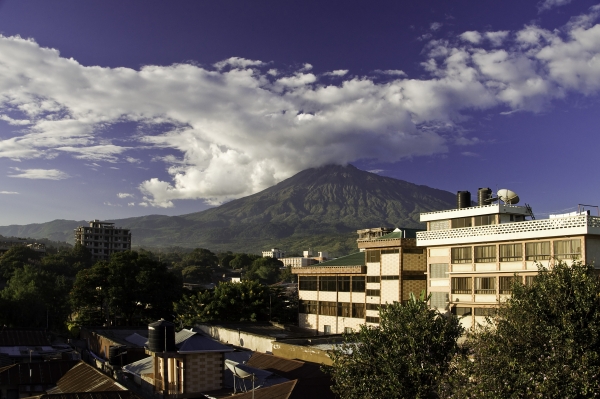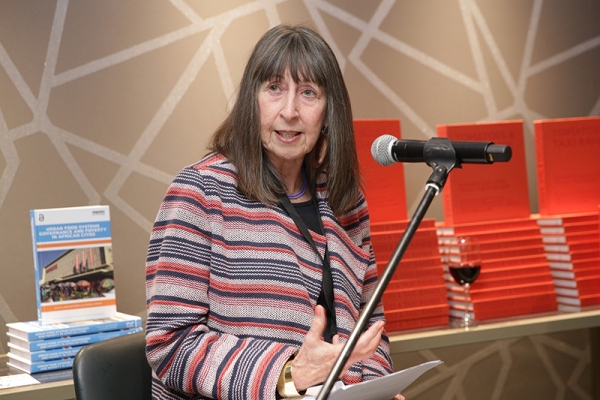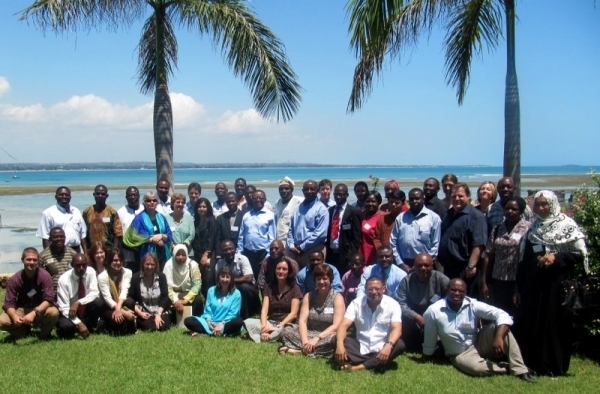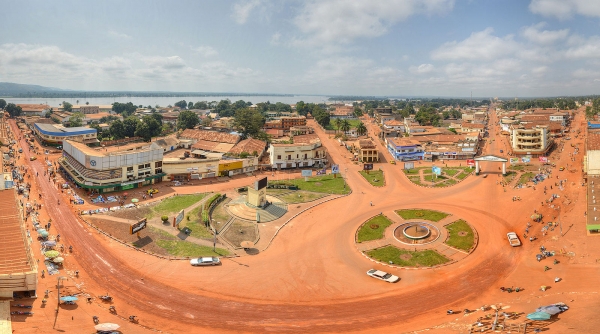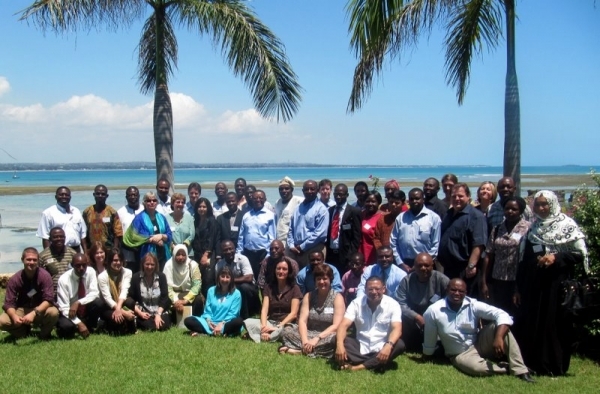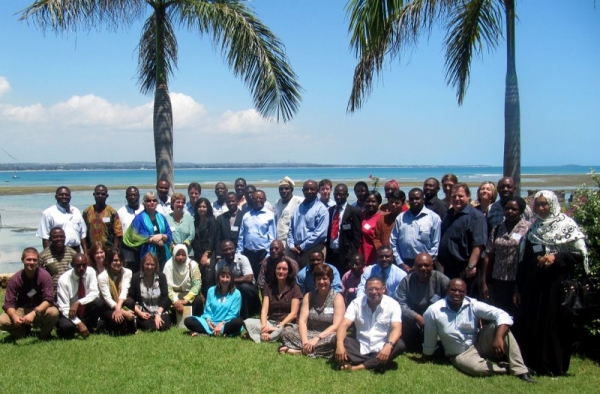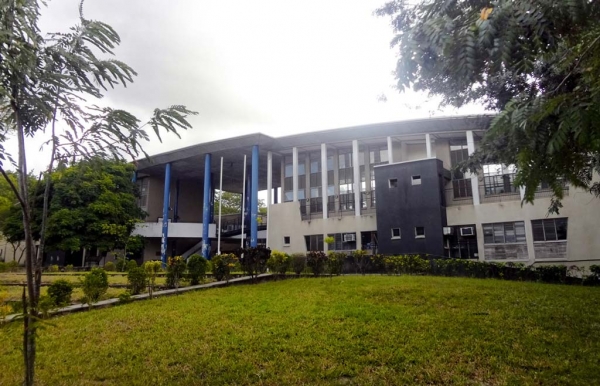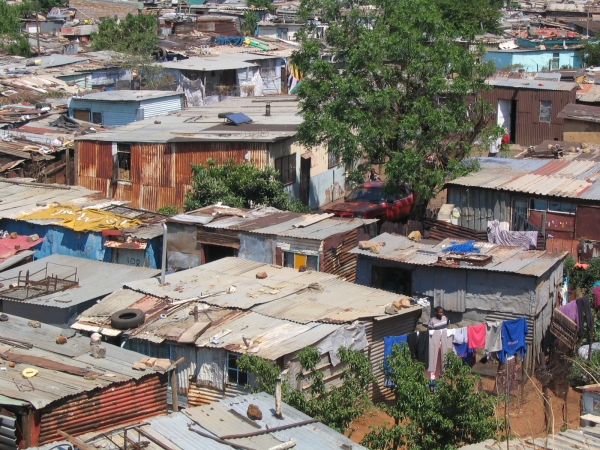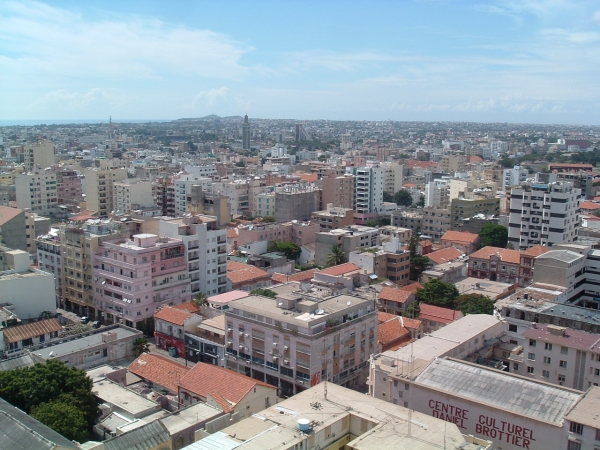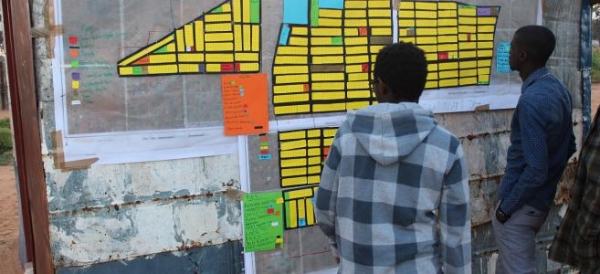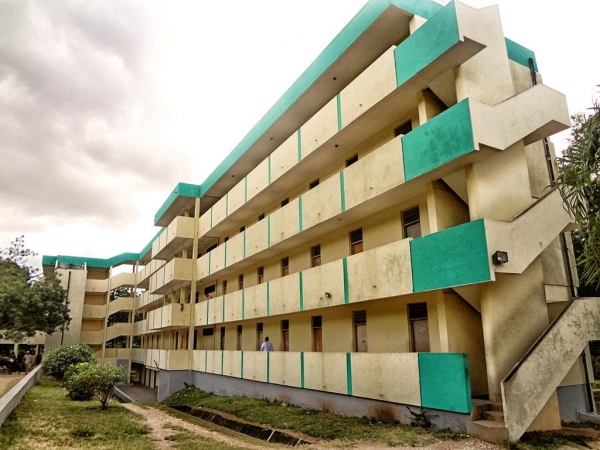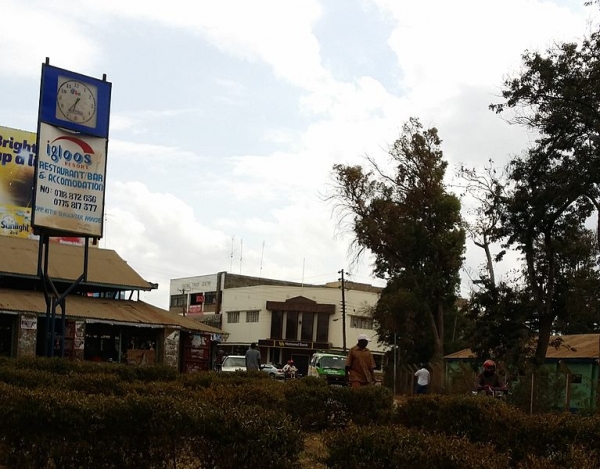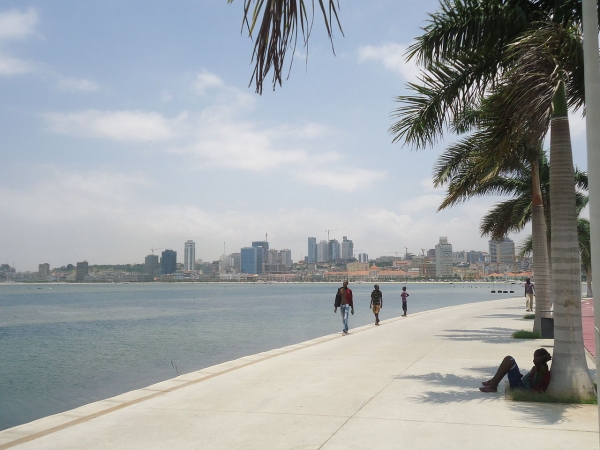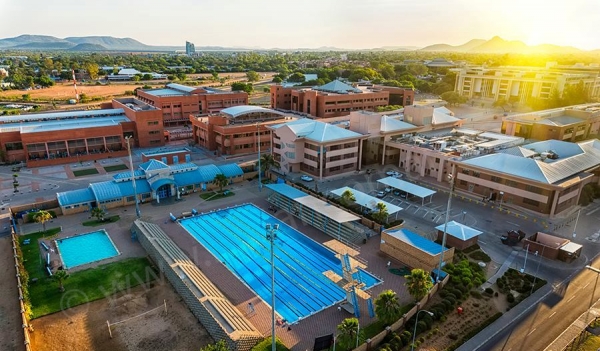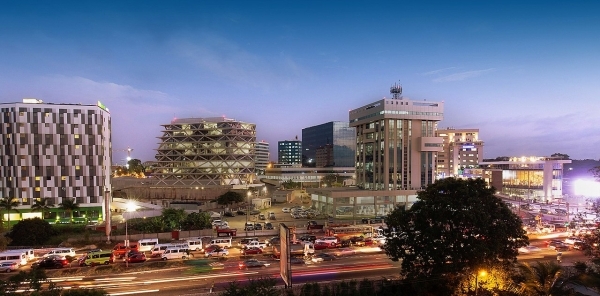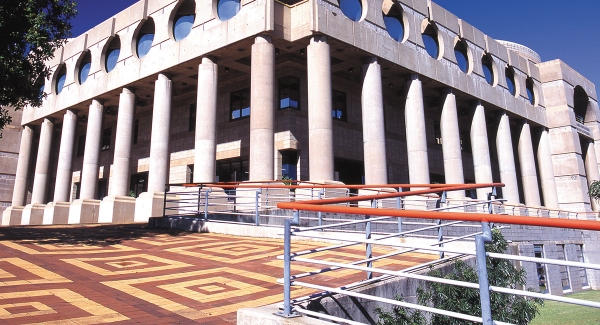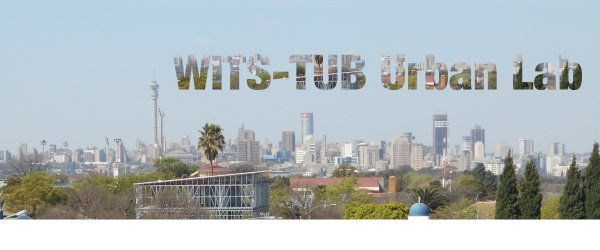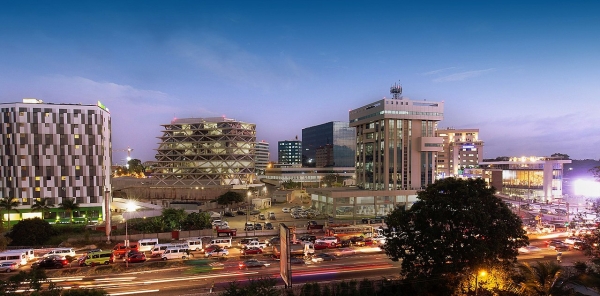Erasmus University Rotterdam has launched an online course entitled ‘Planning for climate change in African cities’. The course is now open for registration.
About this course
Climate change poses a threat to economic growth and long-term prosperity of many countries around the world. Africa is not an exception, considering the actual and potential impacts of climate change and climate variability that will threaten its vulnerable sectors and human populations. African countries are projected to experience changing rainfall patterns, rising sea levels, and higher temperatures that will affect food security, agricultural production, water availability, and public health, among others. These climate change impacts and climate variability can further produce social and political problems, such as rural-urban migration and water resource disputes.
Furthermore, the low levels of development in many African countries, as well as limited institutional, infrastructural, and technical capacities to respond successfully to climate change impacts and climate variability, can exacerbate the situation. In terms of contribution to greenhouse gas (GHG) emissions, although African countries are the lightest polluters, it has also become apparent that alternative energy sources can offset the increasing energy demand and dependence on biomass. Addressing climate change offers possibilities for low-carbon development. Moreover, there are promising mechanisms that can address both climate change actions and development goals simultaneously.
At the city level, strengthening resilience, or the ability to respond to and absorb the effects of a hazardous event in a timely and efficient manner and to sustain this ability in the future, and adaptation; the process of adjusting to actual or expected climate change stimuli or their effects, should be at the forefront of planning. Local governments have an important role to play through the provision of adequate infrastructure, regulation of land use, and other public services that are crucial for urban resilience. Mobilizing local governments, in collaboration with national governments, non-governmental organizations, and international organizations, among others, is also critical for an integrated multi-sectoral approach to climate change.
The course on ‘Planning for climate change in African cities’ provides the foundation for understanding cities’ exposure and sensitivity to climate change, and how cities can manage these impacts in the face of growing uncertainty. It does so by introducing the basic concepts of urban resilience and adaptation, by using illustrative case studies in different African cities.
Furthermore, this module provides lectures on the different approaches for climate change planning, whether ad hoc, strategic or mainstreaming; introduces the different steps in the planning cycle – from initial assessment to monitoring and evaluation; and presents the different decision support and assessment tools for prioritizing climate change actions. This course broadens the discussion on planning for climate change by engaging learners to apply their knowledge and practice their decision-making skills in a simulated exercise.
In line with development that minimizes the harm caused by climate change impacts, while maximizing the many human development opportunities presented by a more resilient future, we ask: what are the connections between urban risk and vulnerability? How is climate change and urban resilience conceptualized and applied in practice? Which policies and measures should be introduced to address climate change? Finally, how to choose among different measures that address climate change adaptation, urban resilience, and other development objectives?
Course objectives
At the end of this course, learners should be able to:
- Recognize the effects, impacts, and drivers of climate change in cities
- Understand the drivers of urban risk and vulnerability in the context of climate change
- Distinguish the typologies, approaches, and tensions of climate change adaptation
- Explain the different approaches and steps in climate change planning
- Examine the decision support and assessment tools for climate change
- Develop a climate change plan based on participants’ city contexts
Who is this class for?
The course on Planning for Climate Change in African Cities is open to students and professionals in the fields of urban planning, environmental science, climate change, and other related fields. Individuals working for national, regional, and local governments; urban/regional and environmental planners; and professionals working in research organizations, civil society groups, or knowledge-based institutes are welcome.
Further information and registration
Click here to visit the course webpage for further information and registration details.

